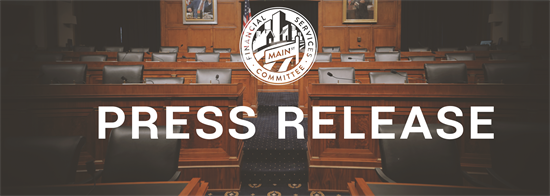House Passes Long-Term Reauthorization of Flood Insurance Program
Washington,
November 14, 2017
WASHINGTON – Today, the House voted 237-189 to pass the 21st Century Flood Reform Act (H.R. 2874) – a package of seven bills from the Financial Services Committee to reform and reauthorize the National Flood Insurance Program (NFIP). The taxpayer-backed NFIP was created in 1968 to provide government insurance protection against flood risks for both homeowners and commercial businesses. 50 years later, the federal program has a monopoly, has borrowed over $35 billion from taxpayers, operates a $1.4 billion annual deficit and lacks the innovation expected of a company with $1.2 trillion of insurance coverage. The NFIP’s 5 million policies represent 4% of U.S. households at an annual average cost of $884. Over 94% of NFIP residential policyholders paid less than $2,000 in annual premiums for NFIP coverage. The 21st Century Flood Reform Act would reauthorize the NFIP for five years, introduce private market competition, and provide programmatic reforms to help policyholders. “There are a lot of good reforms in this bill for both taxpayers and ratepayers,” said Financial Services Committee Chairman Jeb Hensarling (R-TX). “It is an absolutely revolutionary reform that we can break open the government monopoly and bring in market competition, innovation, more affordable rates for so many.” “One of the great tragedies that I saw in my native state of Texas, in Houston was how few people actually took up flood insurance,” he said. “If we had competition, if we had advertising, if people could roll that into their homeowners’ rates, how many more people would have been protected from the ravages of these hurricanes?” “We have to realize if we’re going to make this program sustainable we cannot have one percent of the properties causing 25 percent of the losses. Ultimately, if all we do is rebuild the same properties in the same fashion in the same location, that is neither wise nor compassionate,” concluded Hensarling. The 21st Century Flood Reform Act will:
To learn more about the 21st Century Flood Reform Act, click here. |


